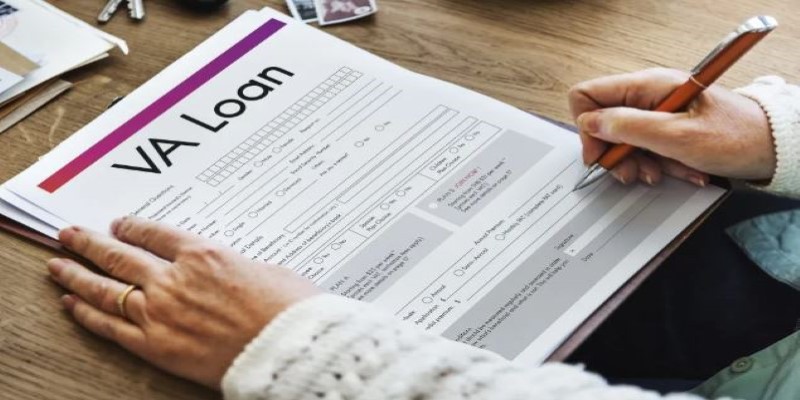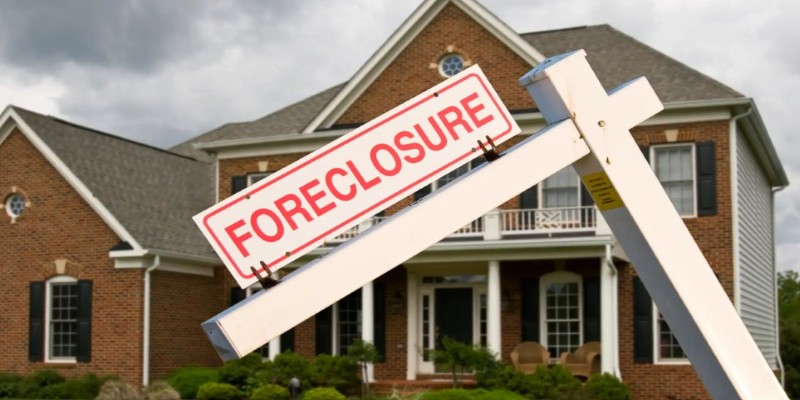Navigating the world of real estate investment can be overwhelming, especially for veterans who have access to unique financing tools. One of the lesser-known yet powerful ways to enter the real estate market is through a VA loan. While most associate this benefit with buying a personal home, some savvy strategies enable you to use a VA loan for an investment property under specific conditions.
This article breaks down how it can work, the rules involved, and how veterans can start building wealth in real estate without making costly mistakes or violating VA guidelines.
Understanding the Basics of a VA Loan
A VA loan is a government-backed mortgage specifically designed for eligible veterans, active-duty service members, and certain surviving spouses. Offered through private lenders but guaranteed by the Department of Veterans Affairs, this type of loan comes with no down payment requirement, no private mortgage insurance, and competitive interest rates. These benefits make it an excellent option for both first-time homebuyers and seasoned borrowers.
However, the VA loan is primarily meant to help veterans secure a primary residence. This is where many investors mistakenly assume it can’t be used for rental properties or other investment ventures. But with some strategic thinking and careful planning, it’s possible to tap into the advantages of a VA loan and invest in property at the same time.
The key lies in the VA's occupancy requirement. According to VA rules, the borrower must plan on occupying the property as their primary residence within 60 days of closing. That does not necessarily mean you cannot earn rental income or rent out your home as an investment—it simply requires that you live in the property yourself first.
House Hacking: The Strategy That Works
To use a VA loan for investment property legally, many veterans turn to a strategy known as “house hacking.” This involves purchasing a multi-unit property—such as a duplex, triplex, or fourplex—and living in one of the units while renting out the others. The VA allows this under its loan program, provided you occupy one of the units as your primary residence.

This approach offers several advantages. First, your rental income can help cover or even pay your mortgage in full. This not only reduces your housing costs but also creates a positive cash flow situation—effectively making your home an investment property. Second, the income from tenants may also improve your chances of qualifying for the loan if it's documented properly and meets lender guidelines.
There are limits, of course. The property must be residential, and it can’t have more than four units. The VA will not guarantee loans for purely commercial properties or homes intended solely for renting out. You also can’t buy a vacation home or second home using a VA loan. But if you stick to the rules, house hacking is a perfectly legal and smart way to build wealth while using your VA loan benefits.
Another angle some veterans explore is purchasing a single-family home with a VA loan and living in it for the required period—usually one year—before converting it into a rental property. There is no rule preventing you from turning the home into a rental later as long as you meet the initial occupancy requirement in good faith. After that, you're free to rent it out and even apply for another VA loan to purchase a new primary residence, depending on your remaining entitlement.
Funding Limitations and Entitlement Management
When using a VA loan for investment property, managing your loan entitlement is key. VA loan entitlement refers to the amount that the Department of Veterans Affairs will guarantee. Each eligible veteran receives a basic entitlement, and depending on the home's price and location, they may also qualify for a bonus or a second-tier entitlement.
If you've used your entitlement on one property and want to use it again for a new home or another house hack, you'll need to restore or access your remaining entitlement. If your first VA-financed home was sold or paid off, you can apply for a one-time restoration of full entitlement and reuse your VA loan benefits.
If you still own the original property and haven’t restored entitlement, you’ll be limited in what you can borrow next. This matters if you're looking to scale real estate investments. To proceed, calculate your remaining entitlement and work with a VA-approved lender to determine your borrowing power.
VA loan limits vary by county and follow conforming loan limits. In high-cost areas, this gives veterans more flexibility, but exceeding those limits may still require a down payment. Knowing these figures keeps your investment strategy realistic and compliant.
Turning Your Property into a Long-Term Asset
Once you’ve used a VA loan to buy a multi-unit or single-family home and satisfied the occupancy requirement, the potential for turning that property into a long-term asset is strong. You can generate monthly rental income, and over time, the property may appreciate building equity.

Managing the home effectively as a landlord is key. You'll need to understand lease agreements, maintenance duties, and how to screen tenants. While not directly tied to the VA loan, poor management can harm your investment. If you're relocating or buying another home, consider hiring a property manager.
Another benefit is that once your property becomes a rental and starts producing income, it can improve your financial profile. Lenders may count this income when assessing you for future loans, including conventional ones. A well-managed, VA-financed home can be the start of a growing portfolio.
Some veterans also try the “BRRRR” method—Buy, Rehab, Rent, Refinance, Repeat—which may require switching to different loans after refinancing. The VA loan can help launch the strategy, even if it’s only part of the early phase.
Conclusion
Using a VA loan for investment property isn't as straightforward as buying a home to rent out, but with a smart legal strategy, it can be a powerful tool. By house-hacking a multi-unit property or converting a primary residence into a rental later on, veterans can tap into the benefits of a VA loan and use them to build financial security. Managing your entitlement, understanding the occupancy requirements, and thinking long-term is key to making this work.












